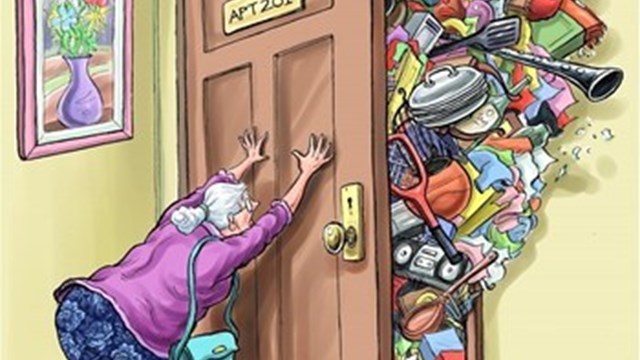
Q. I am a member of the board at an 84-unit condo development. One of our biggest complaints is the issue of dogs and where they defecate. Everyone in the community seems to think that their dog is special and does not have to use the designated areas for dog “walking, etc.” We have friends in another condo development that has a “NO DOGS” rule. Cats are allowed. What steps would be necessary to make new incoming residents subject to a “NO DOG” ordinance? Existing dog owners would be grandfathered.
—Grossed Out
A. “A dog may be one man’s best friend, but to many condominium associations a dog can be a hassle, a nuisance, or even a liability,” says Scott Eriksen, shareholder at Perkins & Anctil, PC, in Westford, Massachusetts. “This is true not just for canines, of course, but for all sorts of furry friends. For this reason, many condominium documents incorporate provisions that restrict, or even prohibit, pets from common areas or units.
“Properly drafted and incorporated in the governing documents, pet provisions or prohibitions have been held enforceable by the courts of the Commonwealth. However, in Massachusetts, if the board is looking to prohibit or even restrict pets within individual units, it will be necessary to amend the condominium’s governing documents (master deed and/or declaration of trust or bylaws) in order to do so effectively. This is an important note for most communities, as many boards attempt to implement pet restrictions pursuant to their rule-making authority, and this can be problematic.
“While boards do typically have the ability to adopt rules regarding the use of common areas (including rules that require owners to clean up after pets in common areas), the courts of the Commonwealth have said that this rule-making power does not permit a board to impose restrictions or limitations on the use of units. Therefore, in order to make sure that any broad pet restrictions are enforceable, communities should obtain the requisite unit owner vote necessary to update their governing instruments.
“The steps necessary for adopting an amendment to the governing documents will likely vary somewhat depending on the specific documents. Typically, a vote of some super-majority of the owners is required in order to enact changes such as this, and a meeting of the owners may be required. We generally advise our clients to survey the ownership regarding potential use restrictions and changes in the first instance, so as to gauge the level of support for a change before spending money on the amendment preparation and presentation process.
“As a final note, communities should also be aware that even if they adopt restrictions or prohibitions regarding pets, there may be situations where boards are forced to allow animals regardless of what the governing documents state. Federal and state law require associations to make ‘reasonable accommodations’ for disabled individuals who can demonstrate that they require the assistance of an animal to use and occupy their units. Boards faced with requests for such accommodations should consult with counsel for how best to respond.”









Leave a Comment